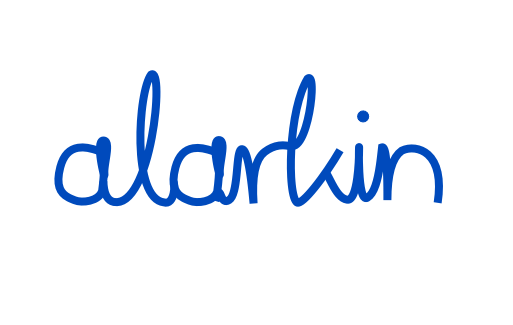New global rights platform
Client Pearson Publishing
Sector Publishing & education
Key aims
Wireframes and UI
User research
Managing designers
Responsive design
Replace and expand pattern library
Blueprint
This product covers a key part of the publishing process that is becoming more important as companies look to save money and accelerate creation. Big players such as Pearson have realised that they sit a huge resource of content, especially images and video. These assets are not being reused and are often purchased multiple times.
The key requirement was to take the previous way of working, which mostly consisted of spreadsheets and emails, and move it online to make searching and reuse easier. This would reduce the time and money spent sourcing similar images, flag copyright issues early, and improve oversight for managers.
I was the sole UX and UI, picking up Jira tickets and taking part in stand-ups for three teams and three sets of developers.
Dashboard for Blueprint
“...we agreed that the sessions were really helpful, well planned and thought out and it was an absolute pleasure taking part.””
Outcomes
I created this prototype and it was a real break though moment. The challenge of ‘selling’ the product was to show more information than a spreadsheet - so we allowed panels to expand and collapse according to user choice
Led and managed the user interview process
Collaborated successfully with teams in three different locations and timezones
Positive feedback, engagement and uptake from vendors in India, US and UK
Oversaw style guide migration; from the Pearson pattern to Google's Material UI
Co-led the product training sessions, making them as effective and engaging as possible
Influence
High stakeholder confidence in the design of Blueprint led to it influencing the look and feel across the ‘Pearson Authoring Framework’
I managed two UX designers in India and Hong Kong to help with the ‘Framework’ review which I presented back to senior stakeholders
Asked to be part of the interview process for new UX hires. Briefed and oversaw a full-time UX based in New York to ensure the tools were aligned
“To be honest ...we were dreading these sessions but quickly those worries were gone and the whole experience has been really good.”
‘Asset Picker’ new designs
Additional details
Research started with stakeholder workshops to define the pain points and goals, followed by quantitive (online surveys) and qualitative methods (user interviews) to test assumptions with sketches and prototypes.
The current clearance process involved lots of spreadsheets. There were many acronyms, subtle differences in working across countries and teams reluctant to move away from spreadsheets. To mitigate this I consulted as many users as possible and got buy-in from designated super-users.
The wireframes were created in Sketch, shared as interactive prototypes with InVision. Test, assess, iterate. Once the wires were signed off I moved onto the final UI also in Sketch.
I arranged group sessions with the whole team to define the product in a single sentence, the aim was to promote a shared understanding Blueprint’s purpose. This definitions were then reviewed and blended to make a single product tagline.
Site maps and journey mapping also helped to focus attention on where the user may be stuck and need extra guidance.
“Blueprint is very pretty, works well and is well designed to make this process simple”





